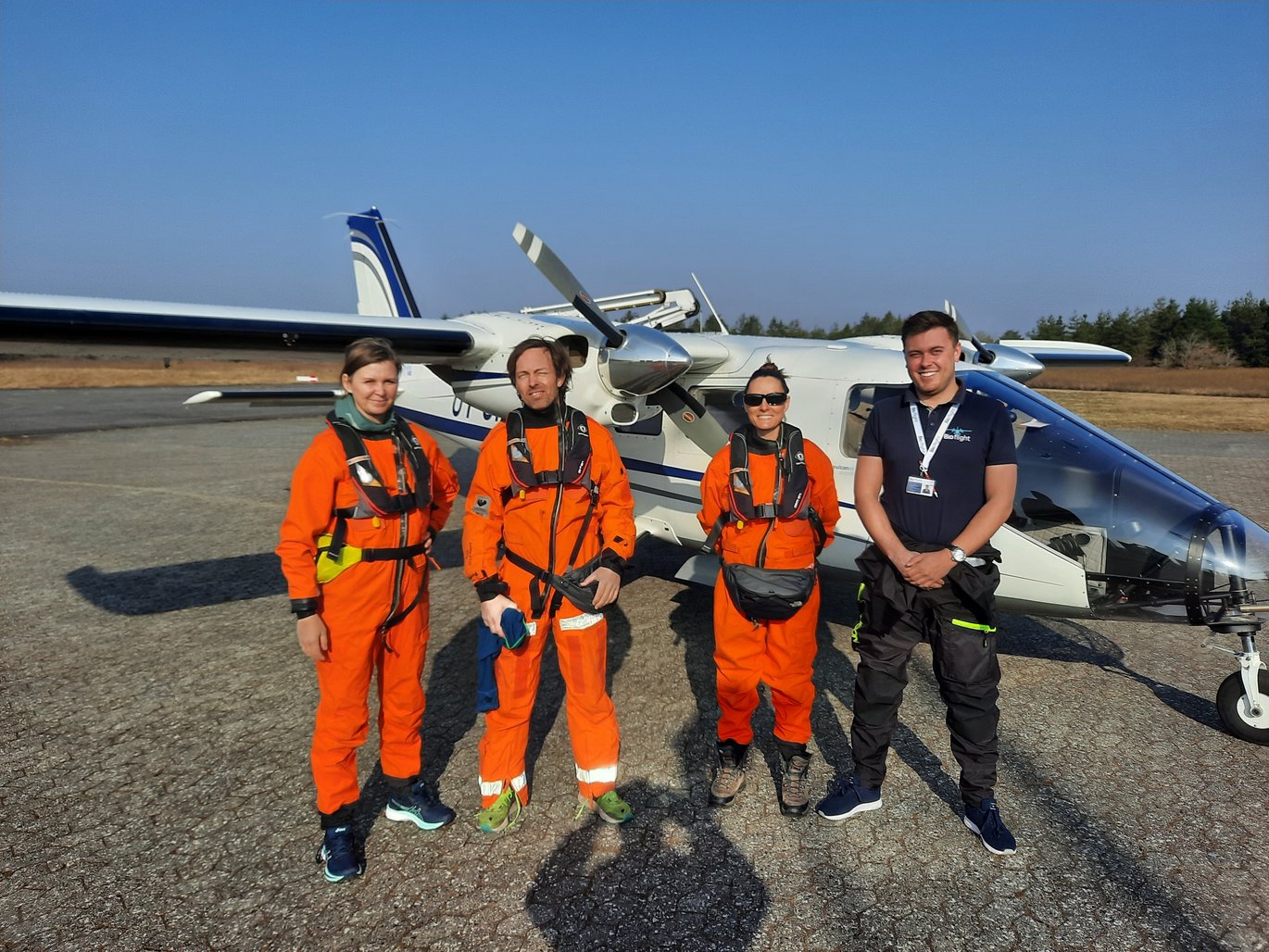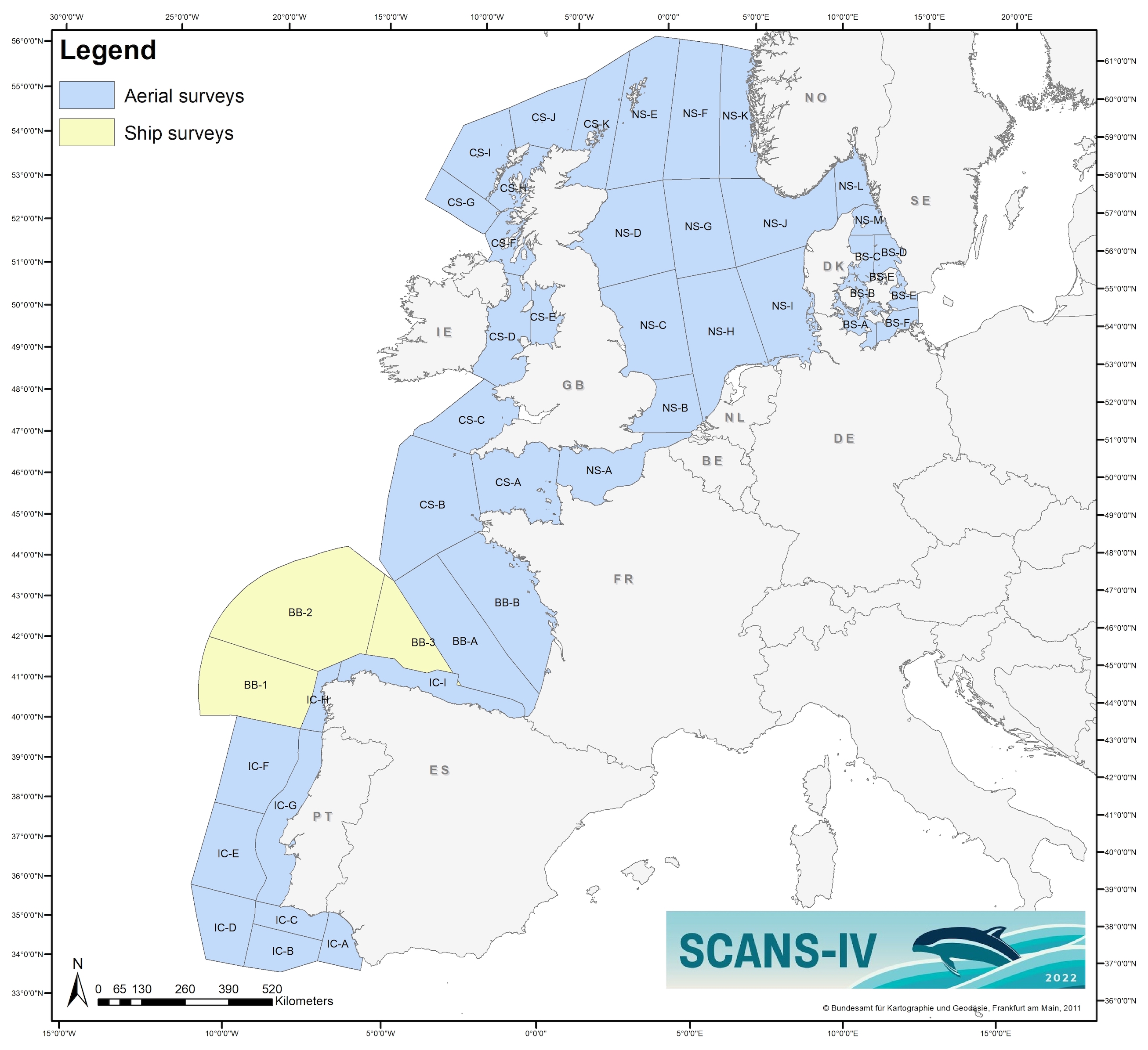European whale survey SCANS-IV has begun
An international survey is being carried from the end of June to the end of July to examine the abundance and distribution of whales, dolphins and porpoises in the North Sea and surrounding waters, including the inner Danish waters. This is one of the largest field studies of its kind, with participation by several European universities and government agencies.


This survey called SCANS-IV is working on giving us a clear overview of the whale populations in European marine areas. It is the fourth of its kind. The first survey took place in 1994, followed by similar surveys in 2005 and 2016. A team consisting of three researchers from Aarhus University is participating in the survey.
The survey will cover the seas from the southernmost part of Spain and upwards to the Faroe Islands. That makes it one of the largest field studies of its kind in Europe. Senior advisor Signe Sveegaard is coordinating the Danish part of the survey. The survey is carried out in a small 6-seater plane flying at 100 knots and 183 metres above sea level.
“We have nine planes and one ship to cover the European Atlantic from southern Europe to the North Sea. My team is covering an area that stretches from Oslo down to the western Baltic Sea. The observations are done by looking at the sea through the plane’s bubble windows. When we spot a whale, we notify the data logger, who records the sighting," says Signe Sveegaard from the Department of Ecoscience.
It is the fourth time she is participating in this kind of survey. The small group of three people took their first flight last week. However, because the observations are very sensitive to weather and can only be carried out when there is very little wind and no waves, it is difficult to predict when the next flight will be.
The results of SCANS-IV will be used to optimize management for cetacean conservation and will also provide researchers with information about the distribution of whales, dolphins and porpoises. Whales are sensitive to human activities and climate change, which is why these results are so important to future research and management.
Contact:
Signe Sveegaard,
Department for Ecoscience,
Mobile: 28951664,
Email: ssv@ecos.au.dk
